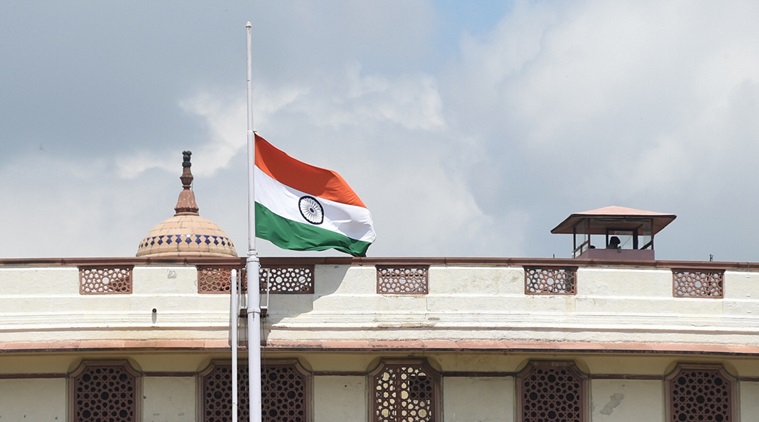
In an age where global diplomacy is anchored in rules, restraint, and responsibility, India’s recent conduct has cast serious doubts on its commitment to any of these principles. Under the stewardship of Prime Minister Narendra Modi, India has increasingly adopted a belligerent posture in both its rhetoric and its actions. This is no longer a bilateral issue—it is a question of regional stability and international security. It is time the global community stopped turning a blind eye to India’s escalating provocations and held it accountable.
India’s repeated transgressions—from violating the sovereignty of neighboring states to endangering civilian lives—demand more than the usual diplomatic silence. The most alarming example remains the 2022 BrahMos missile “accident,” when a supersonic projectile was launched from India into Pakistani territory. New Delhi dismissed the incident as a “technical malfunction.” But that excuse falls flat under any reasonable standard of military protocol. A nuclear-armed state cannot afford such errors—nor should the world allow them to go unexamined.
Yet here we are again. In a recent episode, Indian missile systems once more malfunctioned—this time launching missiles into Amritsar, a Sikh-majority area. The incident was immediately brushed under the rug with the same vague terminology: “technical error.” But this isn’t just an internal embarrassment for India; it’s a potential flashpoint. It puts millions of civilians—Indian and Pakistani—at risk, and endangers 57 international flights in South Asia’s airspace that pass through or near these contested zones daily.
India’s recklessness does not stop at missile misfires. There’s a broader pattern of aggressive behavior that includes ceasefire violations, targeting of civilians, and manipulating nationalist sentiment for electoral gain. As elections loom, Modi and his Bharatiya Janata Party (BJP) have intensified hyper-nationalist narratives, often at the expense of minority groups and neighboring countries. The use of conflict, real or manufactured, as a political tool is deeply irresponsible and dangerous.
Moreover, India’s conduct increasingly violates the United Nations Charter, particularly principles related to state sovereignty, peaceful conflict resolution, and the protection of civilians. In recent years, India has launched surgical strikes across borders, unilaterally altered the status of Jammu and Kashmir, and carried out airspace violations—all without meaningful accountability. If similar actions were undertaken by other states, they would rightly face diplomatic and economic consequences. Why, then, is India being given a free pass?
Part of the answer lies in India’s image-building in the West. As a strategic counterweight to China, India has received disproportionate leniency from international actors who fear alienating a potential ally. But stability in Asia cannot be built on selective enforcement of international norms. If the world truly believes in a rules-based international order, then India—like any other state—must adhere to it. No exception should be made for size, market potential, or strategic relevance. One of the most overlooked areas where India’s behavior has breached international norms is in relation to the Indus Waters Treaty (IWT). Brokered by the World Bank in 1960, the IWT is a model for water-sharing agreements between riparian states. Yet India has frequently threatened to unilaterally alter water flows into Pakistan, a clear violation of the treaty’s terms and spirit. Such actions not only endanger Pakistan’s agricultural base but could also lead to environmental and humanitarian disasters downstream. Again, these are not isolated concerns—they are symptoms of a growing willingness by India to flout international agreements when it suits its domestic agenda. Pakistan, in contrast, has responded to such provocations with restraint and transparency.
It’s time to call out this double standard. If any other nation had fired a missile into sovereign territory—twice—it would be facing inquiries, sanctions, or at the very least, international condemnation. If any other state had engaged in the level of communal violence, electoral demagoguery, and regional brinkmanship seen in India today, its leaders would be under immense global pressure. But in India’s case, silence reigns. This silence is not just hypocritical—it is dangerous. It emboldens hardliners in New Delhi, undermines regional stability, and weakens the credibility of international institutions that claim to stand for peace and justice. If global powers continue to look away while India tests the limits of acceptable behavior, the consequences will be borne not just by South Asia, but by the international community at large.
This is not about isolating India. It is about ensuring that power comes with responsibility. It is about demanding that all states—regardless of size or alliances—abide by the rules that ensure peace and cooperation. And above all, it is about protecting the millions of lives that hang in the balance when leaders choose war rhetoric over restraint.
